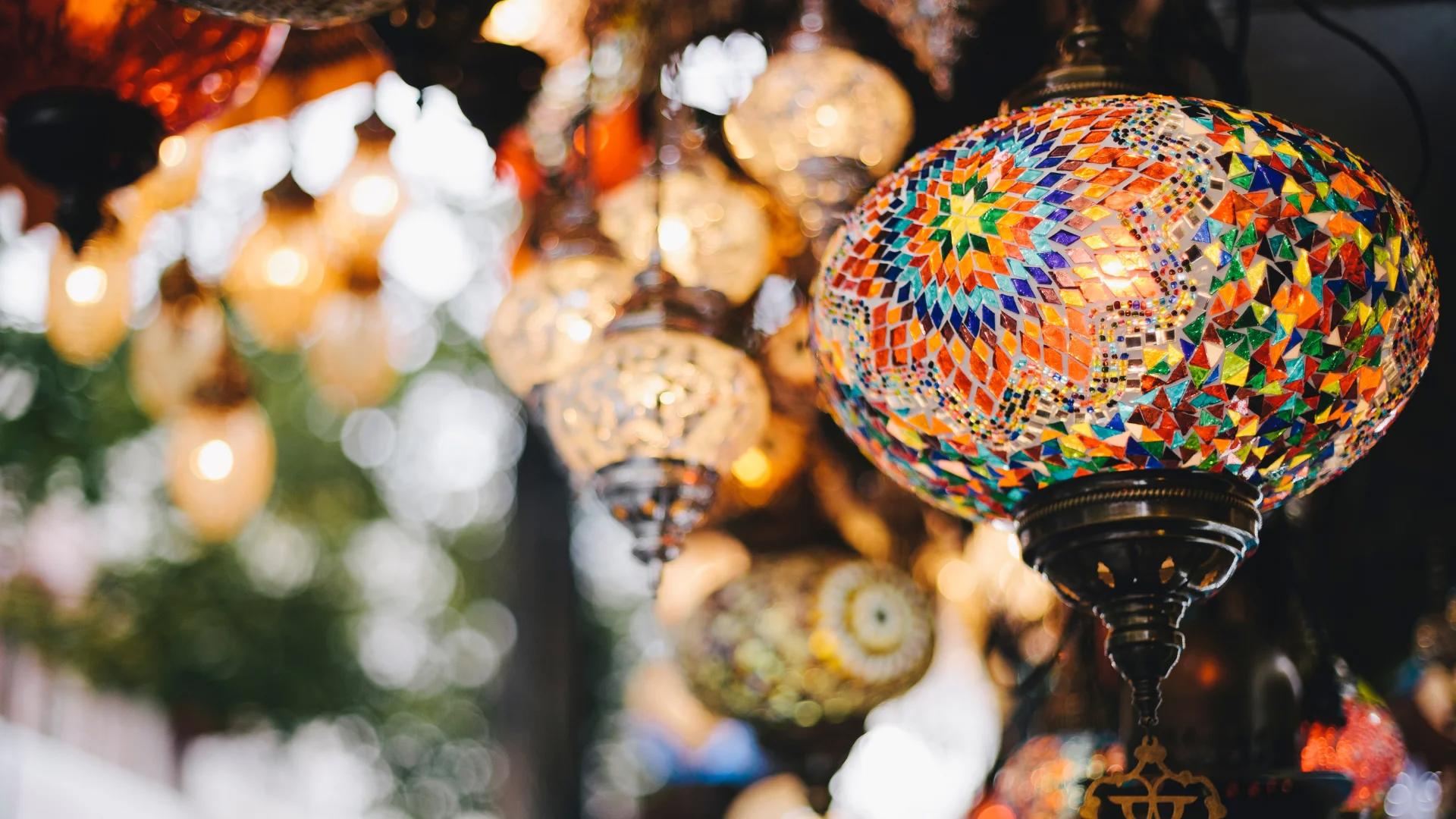
Turkish Bazaar Guide: 5 Experiences You Shouldn’t Miss
Walking into a Turkish bazaar feels like entering another world. Voices of merchants rise through narrow lanes. Bright mosaic lamps shine above the crowd. The smell of roasted nuts and spices fills the air. Markets in Turkey are not just shopping places. They are living parts of culture and history. Whether you explore Istanbul’s Grand Bazaar or a small town market, the energy is unforgettable.
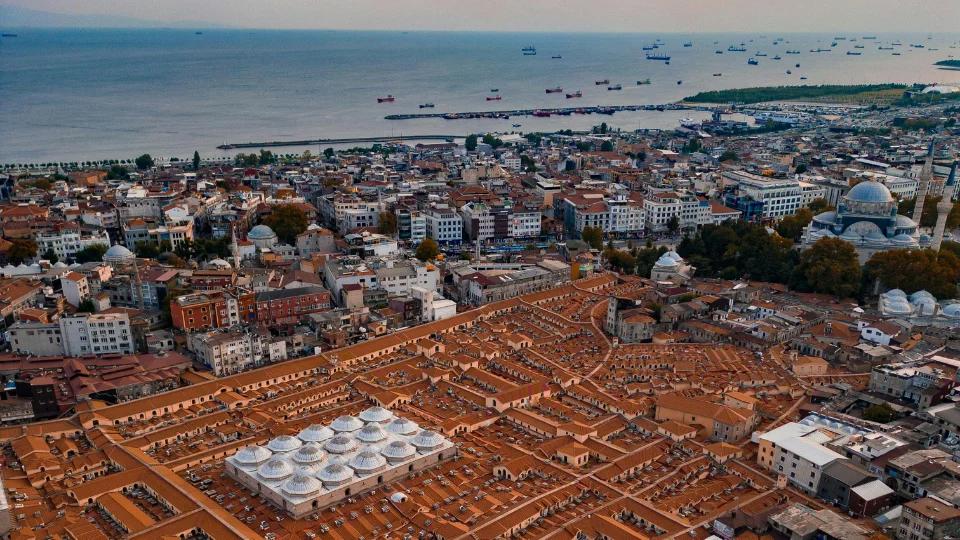
Why are Turkish bazaars so diverse?
- The Grand Bazaar is the oldest and largest covered market in Istanbul. It is filled with carpets, antiques, and jewelry.
- Close to it, the Egyptian Bazaar is famous for spices and sweets.
- In Bursa, the covered market is known for silk and high quality fabrics.
- In Pamukkale, local bazaars sell cotton products and bed linen from nearby factories.
- Iznik and Kutahya are towns famous for ceramics. Their plates, bowls, and tableware are decorated with colorful designs.
Each city has its own market culture. If you want to see more than one, a Private Turkey Highlights Tour can include Istanbul, Bursa, Pamukkale, and Iznik in one journey.
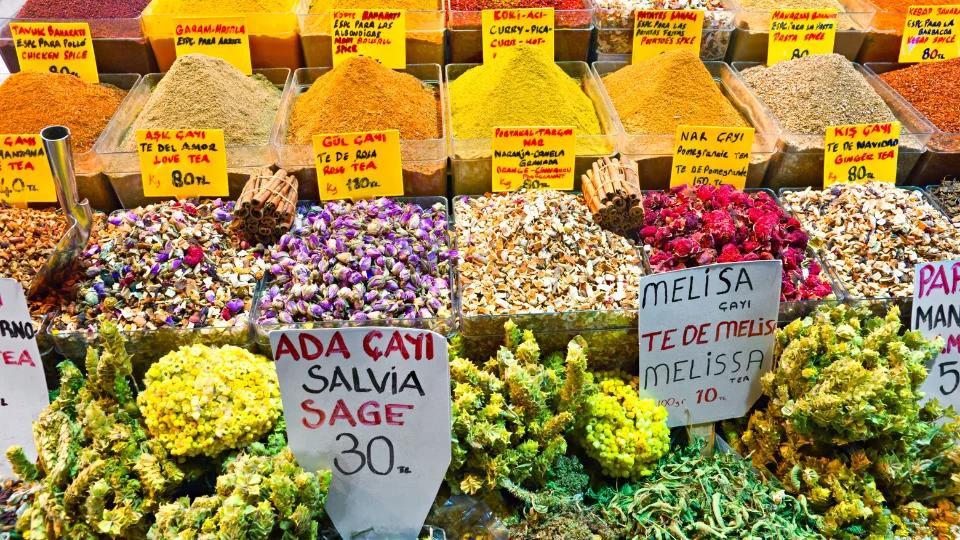
What makes the Spice Bazaar so special?
The Egyptian Bazaar, also called the Spice Bazaar, is one of the most famous in Istanbul. Mounds of saffron, cumin, chili, and sumac rise in colorful piles. Merchants invite you to smell and taste before you buy. Shelves are stacked with dried fruits, nuts, and teas mixed with apple or rose petals. Honeycombs drip with golden honey. These spices are not only food. They are tradition, medicine, and memory. Buying a small bag of spice feels like bringing Turkey into your kitchen. For visitors who love local food, a Bazaar Tour in Istanbul is the best way to learn how Turkish families use these flavors at home.
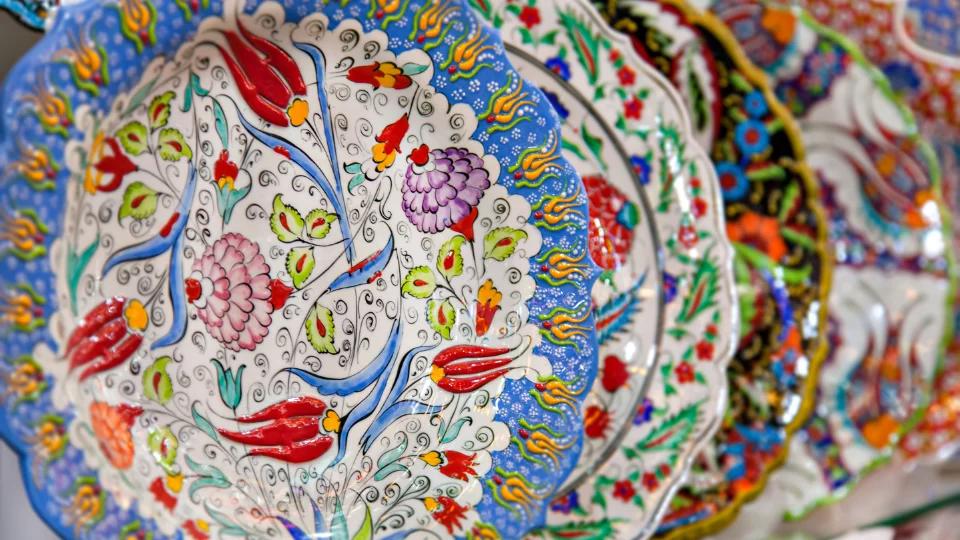
What should you look for in Turkish bazaars?
Stalls look like galleries of handmade art. You see carpets woven by families who have kept the craft for centuries. Ceramics painted with bright tulip patterns fill shelves. Colorful lamps hang from ceilings and light up every corner. Many shops sell copper tea sets and coffee pots, as well as silver jewelry and leather goods. In Istanbul bazaars, you can buy Iznik plates and bowls, Kutahya pottery, and Turkish tea or coffee sets. Merchants also sell freshly ground Turkish coffee. The rich smell fills the air and makes it hard to leave without a bag. These are not items you can order online. They are unique pieces of culture. If you join a Private Istanbul Old City Tour, you can walk through these bazaars with a guide and discover the best shops for authentic products.
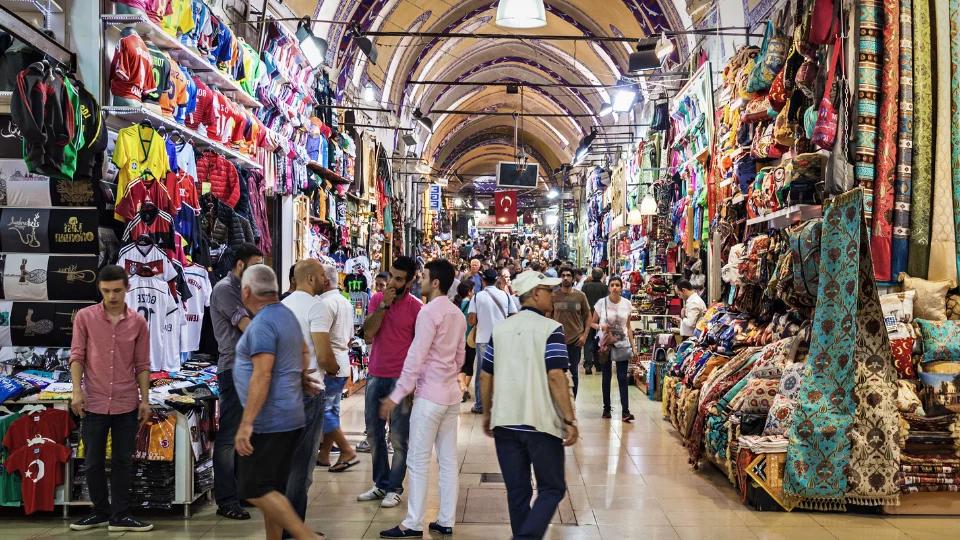
Do you really need to bargain?
Yes. Bargaining is part of the tradition in every Turkish market. Merchants expect it. They enjoy the process as much as the sale itself. The best way is to stay polite and smile. Offer a lower price and let the seller meet you in the middle. If the price does not fit, walk away. Often the shopkeeper will call you back with a better deal. For many travelers, the memory of bargaining is more special than the product they take home. If you want to shop with confidence, a Private Grand Bazaar Tour is a good choice. A guide shows you honest shops and explains the art of bargaining in a simple way.
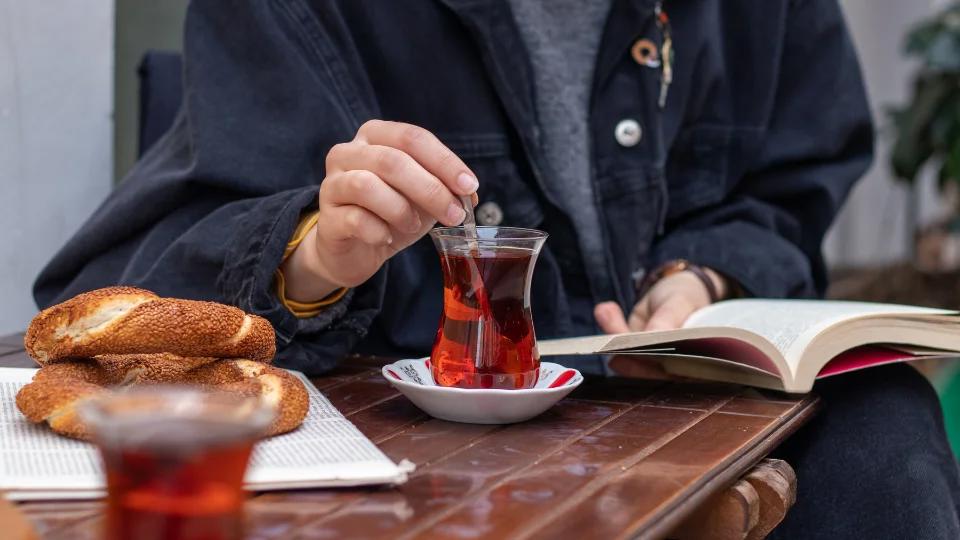
Is it safe to try food in the bazaar?
Yes. Tasting local food in a market is one of the best experiences. Merchants sell simit, the round sesame bread, straight from carts. You can buy roasted chestnuts served hot. Olives and cheese from small farms are offered in bowls for you to try. Turkish delight, also called lokum, comes in many flavors like rose, pistachio, or lemon. Some stalls sell baklava cut into small pieces for quick tasting. Eating in bazaars feels authentic. It shows how locals shop for daily life. To explore this side of Turkish food, an Istanbul Food Tour with a guide is perfect. You can taste everything safely while learning stories about each dish.
A visit to a Turkish bazaar is more than simple shopping. It is a meeting with people, flavors, and traditions. You taste spices, smell coffee, and touch handmade fabrics. You see art created by families for generations. You walk through history that is still alive today. These markets give you memories that stay long after the trip ends. Do not miss the chance to experience this part of Turkey. Book your guided tour today and discover the charm of a Turkish bazaar for yourself.